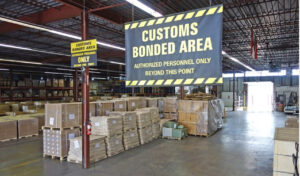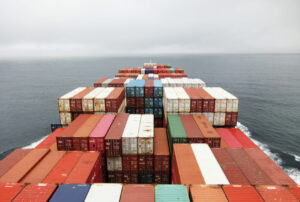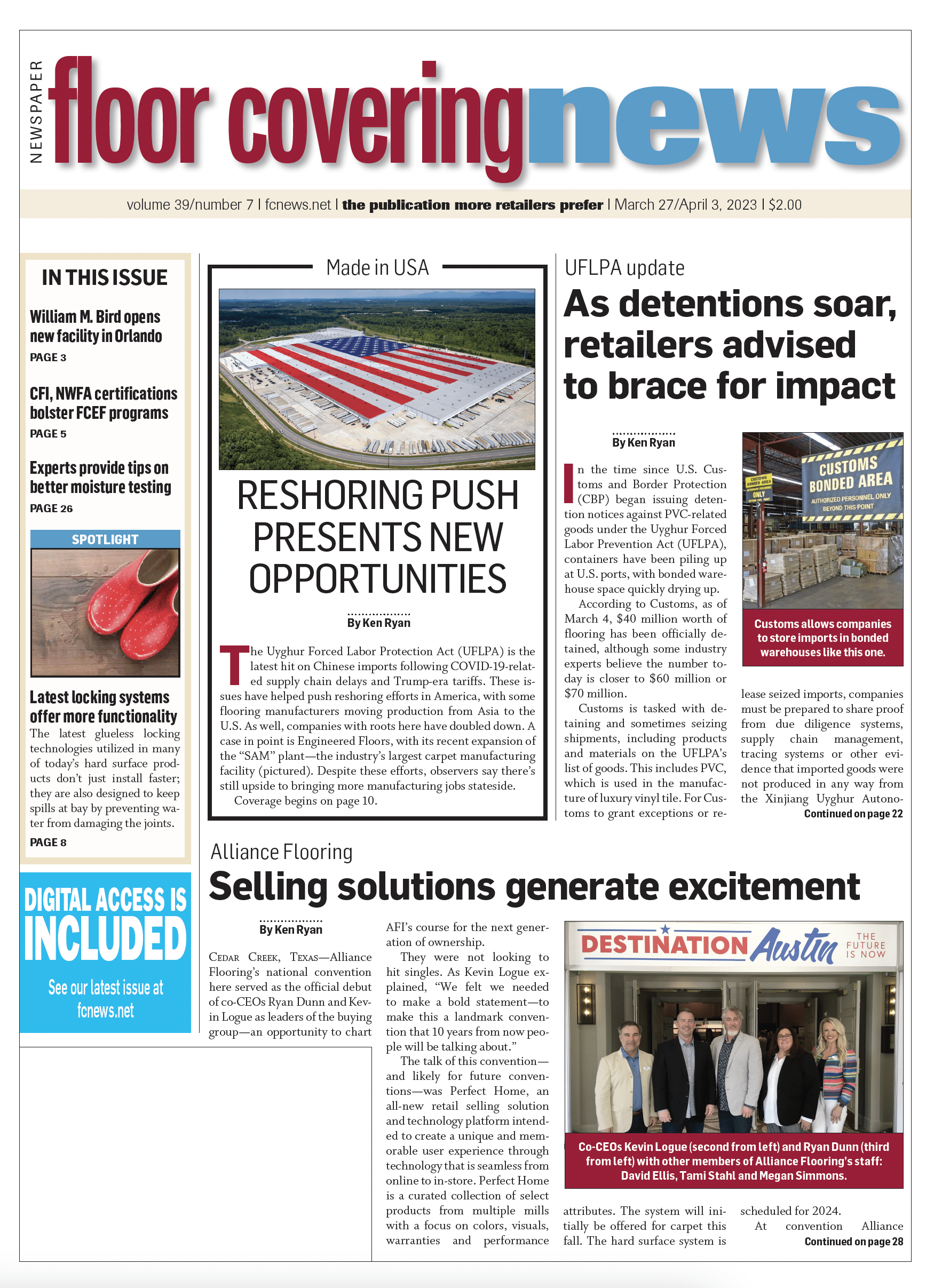
In the time since U.S. Customs and Border Protection (CBP) began issuing detention notices against PVC-related goods under the Uyghur Forced Labor Prevention Act (UFLPA), containers have been piling up at U.S. ports, with bonded warehouse space quickly drying up.
According to Customs, as of March 4, $40 million worth of flooring has been officially detained, although some industry experts believe the number today is closer to $60 million or $70 million.
Customs is tasked with detaining and sometimes seizing shipments, including products and materials on the UFLPA’s list of goods. This includes PVC, which is used in the manufacture of luxury vinyl tile. For Customs to grant exceptions or release seized imports, companies must be prepared to share proof from due diligence systems, supply chain management, tracing systems or other evidence that imported goods were not produced in any way from the Xinjiang Uyghur Autonomous Region (XUAR) in China. To make the situation more time-consuming for Customs, most of this documentation exists in Mandarin or Vietnamese and each document needs to be 100% translated into English for the agency to review.
The enforcement of PVC doesn’t just impact LVT, of course. PVC is used in a variety of applications in other sectors such as building and construction, health care, electronics and automobile parts. Regarding flooring, it is estimated that 10% to 20% of PVC-based LVT emanates from XUAR, based on various reports. Several other categories, including textiles, electronics and even cotton, have been similarly flagged. In fact, an estimated 20% of the world’s cotton supply comes from the region.
 For now, at least, flooring retailers have told Floor Covering News that they have not been impacted by the detention of containers. “I believe my suppliers—Shaw, Mannington and Karndean— brought a lot of inventory in prior to this happening,” said Steve Weisberg, president of Crest Flooring, Allentown, Pa. “For Crest, we really have not experienced any major delays like we did during COVID-19. Hopefully it continues that way.”
For now, at least, flooring retailers have told Floor Covering News that they have not been impacted by the detention of containers. “I believe my suppliers—Shaw, Mannington and Karndean— brought a lot of inventory in prior to this happening,” said Steve Weisberg, president of Crest Flooring, Allentown, Pa. “For Crest, we really have not experienced any major delays like we did during COVID-19. Hopefully it continues that way.”
However, that scenario is likely to change for flooring dealers as inventory levels begin to deplete. “I really think flooring retailers are in a place where they need to better understand exactly what is going on,” said Jeff Striegel, president of Owings Mills, Md.-based Elias Wilf, a top 20 wholesaler. “Four weeks ago, nobody knew what we were talking about. However, they are becoming aware quickly as outages grow industry-wide.”
UFLPA doesn’t just impact specialty flooring retailers but also retail giants like Home Depot, Lowe’s and Floor & Décor, among others. Rigid LVT and WPC are most affected, observers say, whereas dryback is sourced in other Asian countries including Taiwan as well as China.
Several flooring suppliers told Floor Covering News they have been preparing for contingencies. Mannington is in the process of adjusting product plans to immediately add additional colors/ patterns to its U.S. plants and will focus the RSAs on Adura Flex, which comes from Madison, Ga., as well as Adura Max produced in Calhoun, Ga.
AHF Products, in a statement, said that while most of its vinyl flooring is domestically made, it does import some products from outside of the U.S. However, the company said it vets its suppliers to make certain the existing AHF Products supply base is not directly or indirectly sourced from Uyghur or any of the companies named in the Act.

